Coronavirus: Government 'may question mass gatherings advice'
- Published
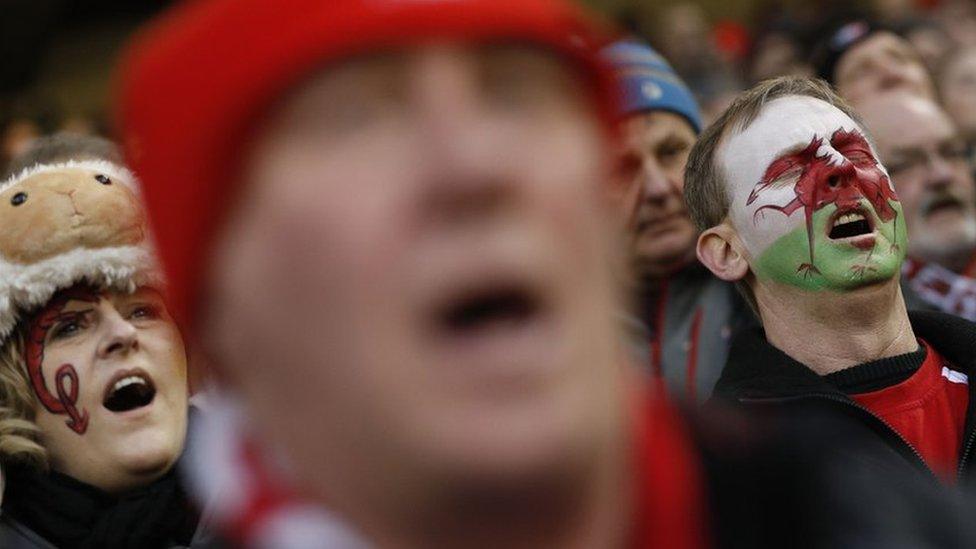
Many Scottish fans had travelled to Wales as well of Welsh supporters ahead of the sell-out game
Ministers may question if the right approach was taken to mass gatherings at the start of the Covid-19 pandemic, a scientific adviser has said.
Dr Rob Orford referred to the Wales-Scotland Six Nations match in March.
Health Minister Vaughan Gething had refused to call it off, saying there was no advice to do so, before the WRU called it off at 24 hours' notice.
But Dr Orford, Wales' chief scientific adviser for health, said a different view may be taken in retrospect.
The Welsh Government had said cancelling the match would have no impact on "significantly delaying the peak of the outbreak or indeed in terms of saving life".
Dr Rob Orford said "there were some conversations and some decisions" around that period that officials may now approach differently.
A number of major sporting events had been disrupted at the start of March both in the UK and around Europe, with the Principality Stadium clash the last to be postponed.
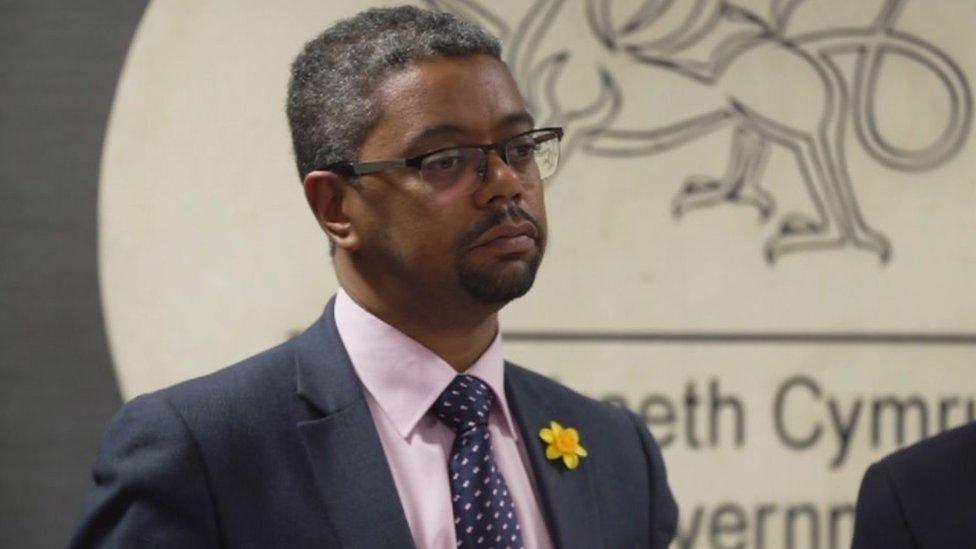
Vaughan Gething said opposition parties should take a "responsible approach"
Plaid Cymru and other opposition parties had called for it to be postponed, but Mr Gething responded by saying politicians should take a "responsible approach" and should not try to suggest "there is public health advice to take a step when actually it does not exist".
Following the WRU's postponement of the match, First Minister Mark Drakeford tweeted he could understand, external the decision although "the medical and scientific advice about mass events hasn't changed".
Dr Orford told BBC Radio Wales' Sunday Supplement programme: "I dare say when we look back, and we will look back, undoubtedly there'll be inquiries, and we'll ask those questions about what was the evidence and why were those decisions made... they were debated and consensus was agreed on all of those points."

The Scotland match was Wales' last of the 2020 Six Nations tournament and is set to now go ahead in October
He also said cases of Covid-19 will rise again in Wales if people stop being "aware of our own risks and keep reducing them".
Dr Orford added: "The virus is insidious. It will get in to the places you're not looking, it'll get in to the places that's hardest to reach.
"It's like a pan that's boiling. If you take your eyes off it, it'll boil over.
"We know it likes indoor environments. We can see from the southern hemisphere that it quite likes the cold as well and so invariably it'll find its way in to those places."
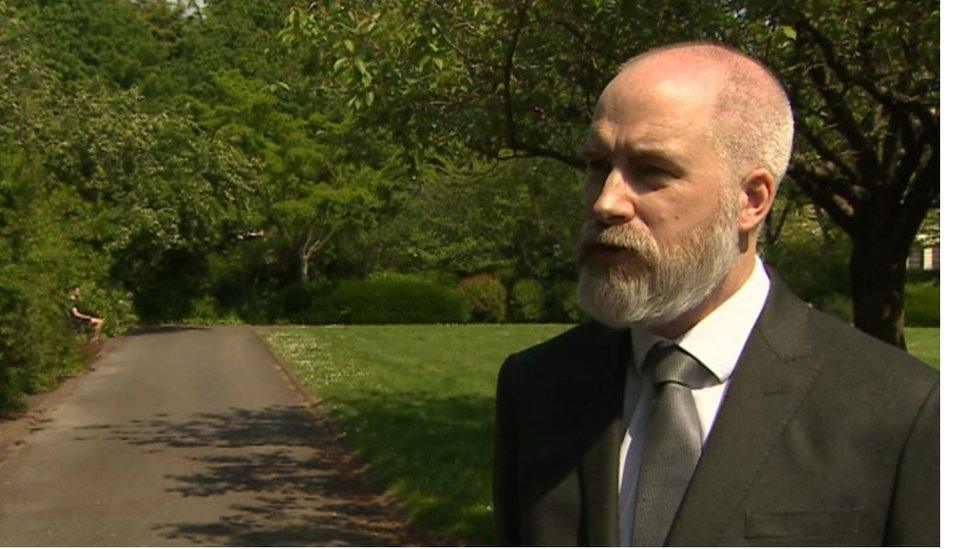
Dr Rob Orford has suggested a cautious approach should be taken coming out of lockdown
Wales' chief medical officer Dr Frank Atherton said this week he is worried coronavirus could return in autumn before spiking in winter.
Looking ahead to potential challenges in winter, Dr Orford said issues such as ventilation in buildings "are really important" and the government is "constantly looking at the evidence around face coverings, asking whether that will help mitigate the risk of further infections".
They are mandatory on public transport in Wales but not in shops, unlike other parts of the UK.
Asked if face coverings being mandatory in more settings was inevitable, Dr Orford said: "I think it's more complex than that. I think there are scenarios where you might imagine that's beneficial but it has to be one of many things.
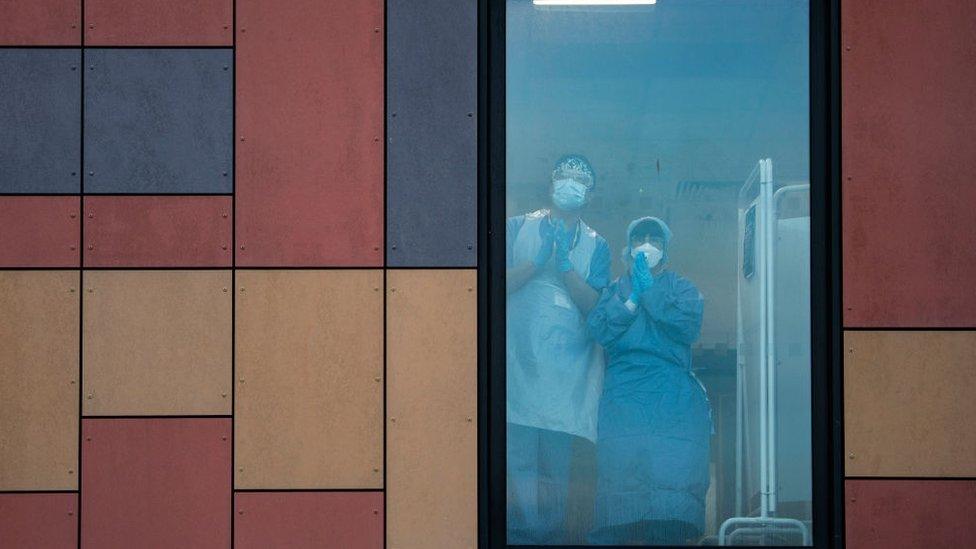
NHS workers across Wales and the UK have been fighting to save lives
"In terms of managing risk and reducing risk, it's all about those routes of transmission... and the very last thing you do that has the least impact is personal protective equipment.
"It's not straightforward with face coverings. The evidence isn't compelling. We're not mandating them at the moment but we do recommend them."
He said he believes the "might of the scientific community will put paid" to coronavirus.
"If you look at smallpox, which killed in the region of 500 million in history... smallpox was a disease with two viral variants and the important part of that sentence is 'was' and for all significant communicable diseases, they have been managed out, whether that's a vaccine or a treatment or public health measures," Dr Orford said.
"Vaccines work. There's no reason to think that won't happen again."
- Attribution
- Published13 March 2020
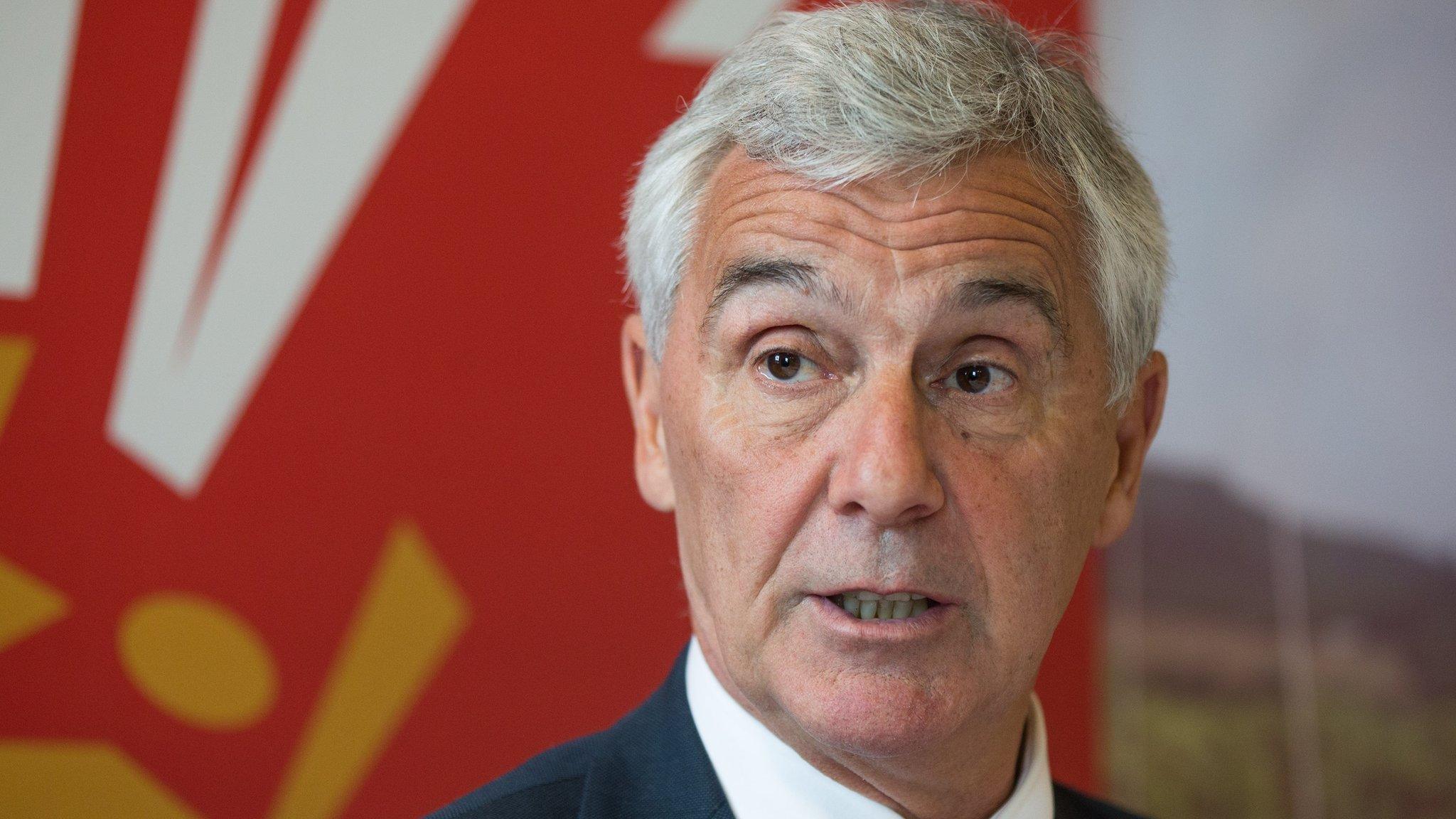
- Published12 March 2020

- Published5 August 2020
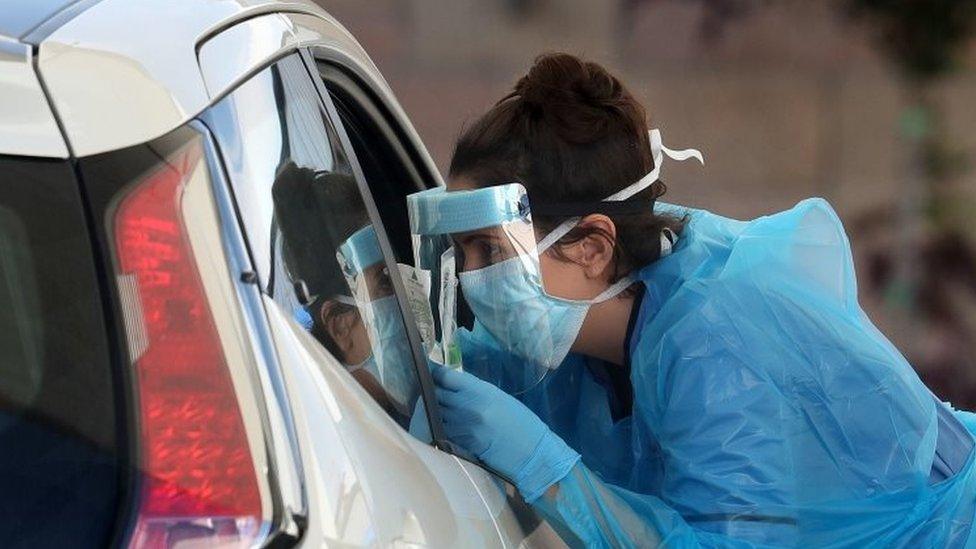
- Published5 May 2020
